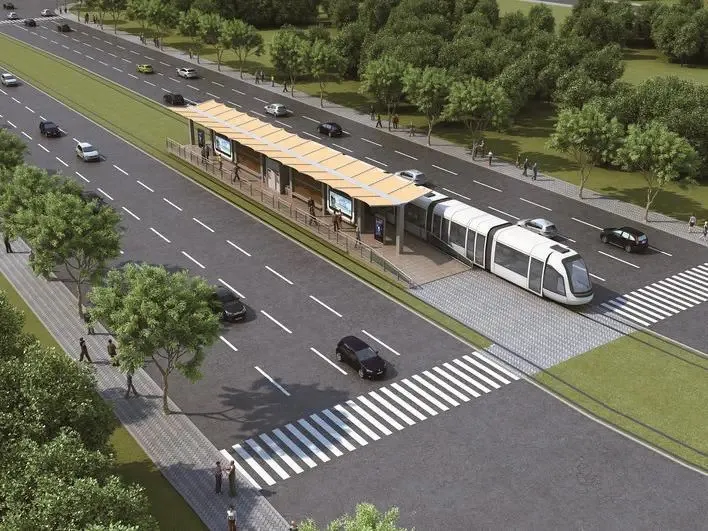German public transport IT specialist IVU Traffic Technologies has received its first order from Mexico and is to equip several train stations with real-time information systems in the city of Puebla.
Puebla is currently expanding the local public transport system; the first BRT line was implemented in 2013 and a tram network is currently in the planning stage.
IVU is initially equipping two stations with its IVU.realtime system, which provides real-time data about the trains via modern TFT displays o
September 22, 2016
Read time: 1 min
German public transport IT specialist 8275 IVU Traffic Technologies has received its first order from Mexico and is to equip several train stations with real-time information systems in the city of Puebla.
Puebla is currently expanding the local public transport system; the first BRT line was implemented in 2013 and a tram network is currently in the planning stage.
IVU is initially equipping two stations with its IVU.realtime system, which provides real-time data about the trains via modern TFT displays on the platforms.
IVU.fleet.server handles the train positioning, while integrated interfaces to the control centre software and other peripheral systems ensure that passengers receive all the latest information from the trains reliably. The system is expected to be installed at three further in the future.
Puebla is currently expanding the local public transport system; the first BRT line was implemented in 2013 and a tram network is currently in the planning stage.
IVU is initially equipping two stations with its IVU.realtime system, which provides real-time data about the trains via modern TFT displays on the platforms.
IVU.fleet.server handles the train positioning, while integrated interfaces to the control centre software and other peripheral systems ensure that passengers receive all the latest information from the trains reliably. The system is expected to be installed at three further in the future.










